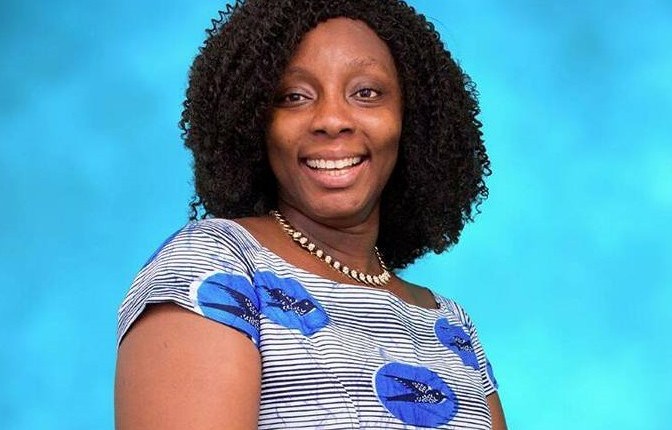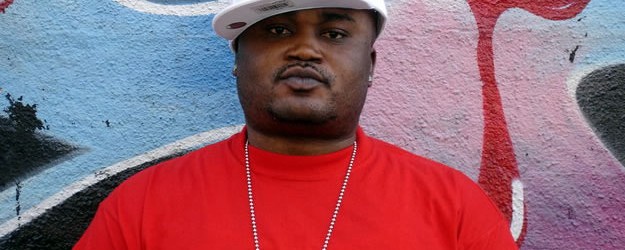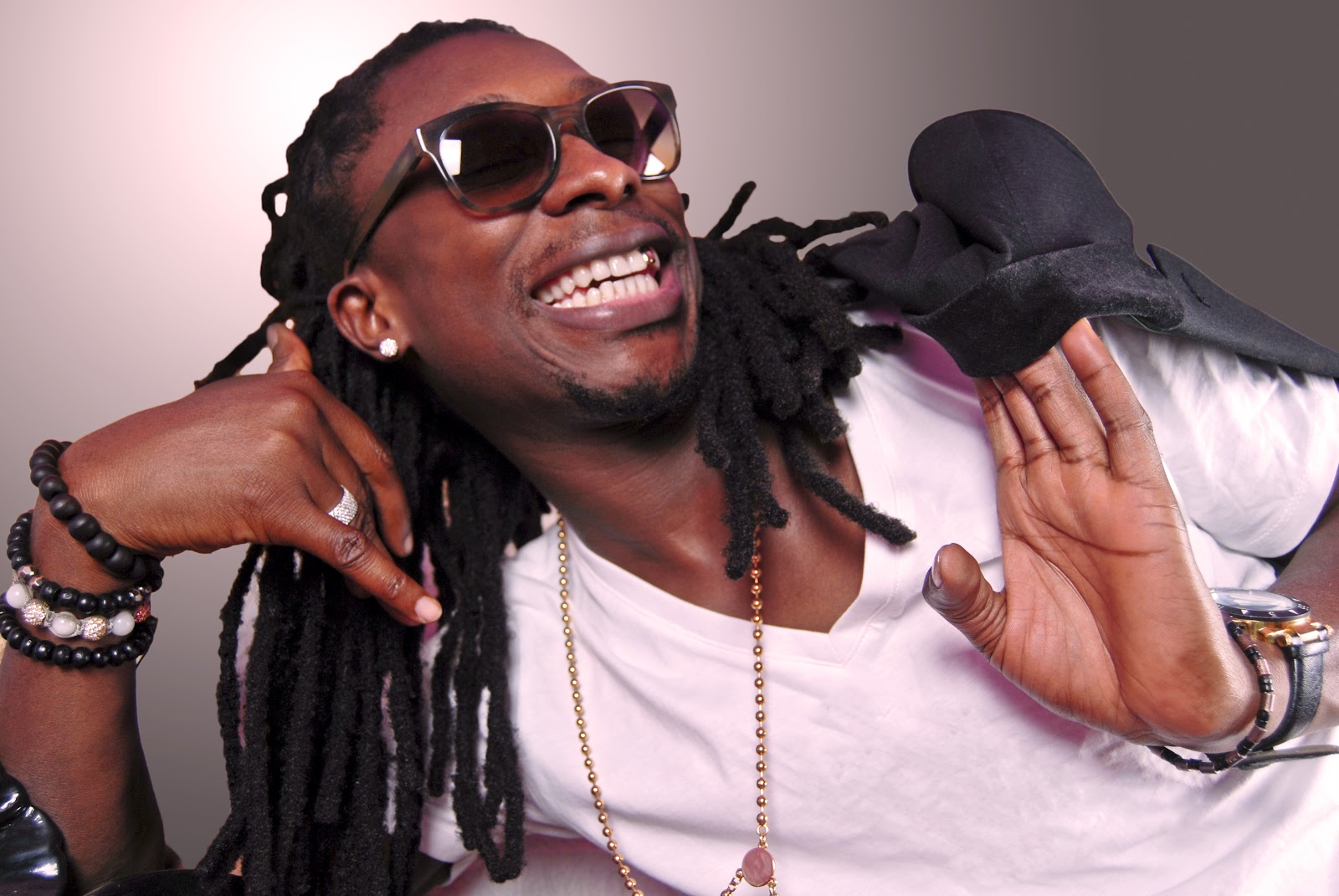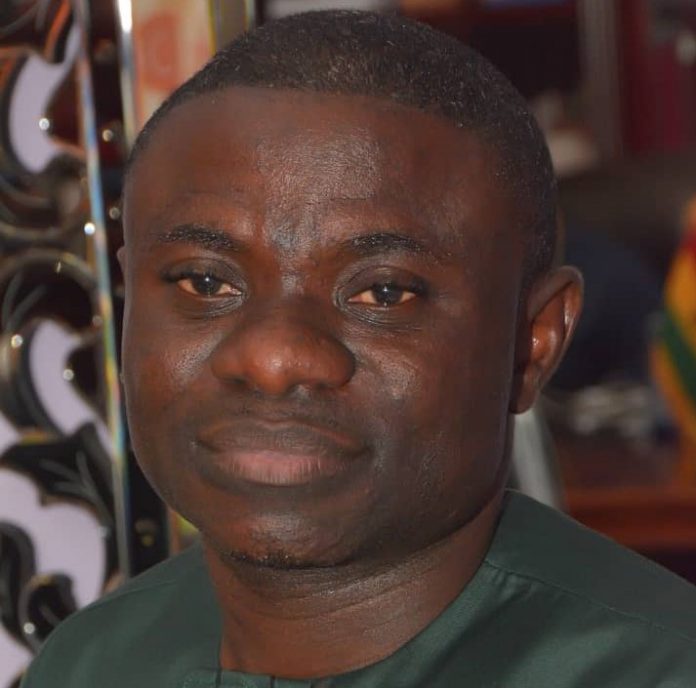World Cup history beckons for Argentina and Germany

And so after more than four weeks, 32 teams and 63 matches it all comes down to this: Germany versus Argentina in Rio de Janeiro’s Maracanã stadium for the title
of world champions.
Despite all the shocks and surprises the final will feature two of the World Cups true heavyweights. The Germans, in the form of West Germany, have won the title three times before; Argentina has lifted the trophy twice.
The two teams have met four times at World Cups, with the Germans winning three and the Argentines one. Two of those encounters came in the finals of 1986 and 1990. In the first Diego Maradona memorably led Argentina to a 3-2 victory.
Four years later Maradona dragged his team to the final but an ugly game was settled by a disputed penalty in the Germans’ favor.
Now, as then, Argentina is captained by the greatest player of generation. The differences between Maradona, the combustible, controversial man of the people and Lionel Messi, the level-headed stylist who has spent his entire football life at Barcelona, could not be more marked, but for Messi too the final represents an opportunity to leave an indelible mark on football history.
He will be facing a formidable challenge in the shape of a Germany team that destroyed the hosts Brazil 7-1 in the semi-
final, a historic result with no real
precedent. While the Brazilians
contributed significantly to their own downfall Germany have demonstrated strength in all areas and have shown ominous signs of clicking as a team.
Complacency after such a stunning result may be the biggest danger.
With arguably the tournament’s best goalkeeper in Manuel Neuer, the captain Philipp Lahm (described by Pep Guardiola
as “the most intelligent player” he had coached), a top-class midfield, the unclassifiable attacking prowess of Thomas Müller, they can also call on the World Cup’s all-time top scorer in Miroslav Klose.
Their route to the final included a draw against Ghana and nervous victories over the USA and Algeria. However, the return of Sami Khedira (with Lahm switching from
midfield back to full-back) in the quarter-final against France seemed to be the moment all the elements fell into place.
This team is the culmination of a project begun by Jürgen Klinsmann and his then assistant Jogi Löw a decade ago that transformed the German playing style into a much more fluid, attack-minded approach. That led to some impressive performances and a series of semi-final finishes at major championships. For
Germany, that was not good enough. This time Löw has pragmatically reintroduced some of the old steel. After the defender Mats Hummels headed Germany into an early lead against France,they shut down the game with cold professionalism.
Alejandro Sabella has unashamedly set his Argentina team up with the aim of getting
the best out of Messi, whose performances for his country have rarely matched his extraordinary club form. He switched the captaincy from Javier Mascherano to
Messi, and some allege that the number 10 is the de facto coach. Messi scored crucial goals in all the group games and set up Ángel Di María’s extra-time winner against
the Swiss in the second round.
He has had to shoulder much of the
attacking burden. Sergio Agüero is only just coming back from injury, Di María, struggling to recover from a thigh injury, is a major doubt, and Gonzalo Higuaín has underperformed – at least until his
quarter-final goal against Belgium.
Argentina have scored two goals in their last three matches. Worringly, Messi has been playing much of his football far from goal and Germany will have noted the way he was frequently crowded out by the
Dutch in the semi-final.
As so often, midfield is likely to be the key to this game. In Khedira, Bastian Schweinsteiger and Toni Kroos have been the most impressive team within a team in
this tournament. For Argentina,
Mascherano played the game of his life in the semi-final and was manfully supported by the unsung talents of Enzo Pérez and Lucas Biglia. If Argentina can match the
Germans in the centre, then Ezequiel Lavezzi, a tireless pest on the left flank, may offer the best chance of taking some of the attacking burden off Messi.
As he has already shown, one moment of Messi magic can transform a game.
If repeated in the final, it could seal his reputation. For Germany, victory would complete a long-term project and earn recognition as a great team.
If all else fails, there is always the
possibility of divine intervention. But even here it will be tough to call. This is the first time that both finalists will have a living pope in their corner: Pope Francis is of course an Argentine, while Benedict, pope emeritus, can be expected to cheer for his native Germany.





